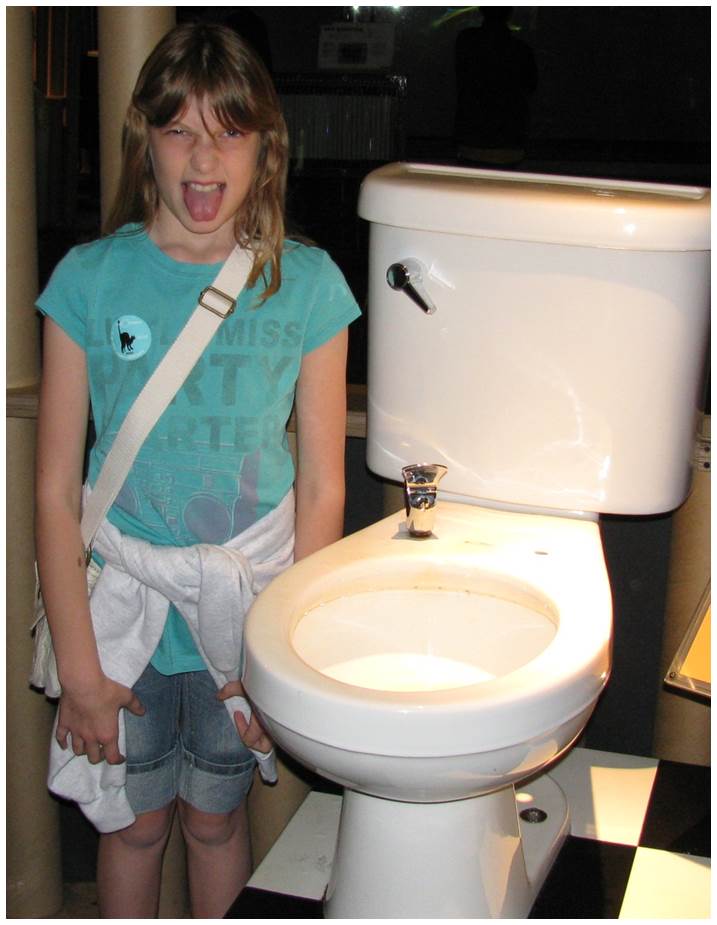The Exploratorium selected VisitorStudies.com to design and conduct an in-depth summative evaluation of the Mind Collection. The Mind Collection was one of a string of groundbreaking projects which brought visitors’ own human emotional and social reactions and processes into focus as the intended exhibit content. With support from the National Science Foundation (NSF 0307927) and Neurosky, Inc., this four-year project saw the development of 46 interactive exhibits.
As a “museum of science, art, and human perception,” The Exploratorium has always presented phenomena of the natural world, and something less commonly explored in exhibits: the ways in which people perceive and understand those phenomena. After working together on The Mind, the Exploratorium’s research department invited me to serve as the external evaluator on the next step in their journey of exhibiting social science research: Science of Sharing exhibits and on-line games-LINK.
The Mind Collection Evaluation
(It was cool to see people become self-aware)
We heard from or observed over 240 randomly selected casual visitors: Pre- and Post-visit Interviews (64), a self-completed Exit Survey (92) or an unobtrusive Tracking and Timing Study (63). four studies: Pre/Post-visit Interviews, a self-completed Exit Survey, a Tracking and Timing study, and a Follow-up Phone Interview study (24). Special procedures for Tracking and Timing data collection enabled in-house staff to compare the efficacy of our respective data collection methods: my “traditional” method (paper maps) and the Museum’s ceiling-mounted video cameras.
Evaluation results found the Mind Collection to be very engaging, fun and thought provoking. It gave users a memorable experience often charged with emotion and replete with insights into how minds work, insights that in turn added to their understanding of self and society. Conversations with respondents highlighted exhibits that moved them to consider their own perceptions and biases or how they may be perceived by others, as well as their own abilities or shortcomings.
When musing about ideas or questions they had before and after visiting the Mind Collection, visitor comments generally shifted from considering mental processes to reflecting on firsthand experiences with their own mind, often considering what those meant to them personally or what might be their ramifications for society. References to mental processes post-visit were fewer but more varied than pre-visit.

